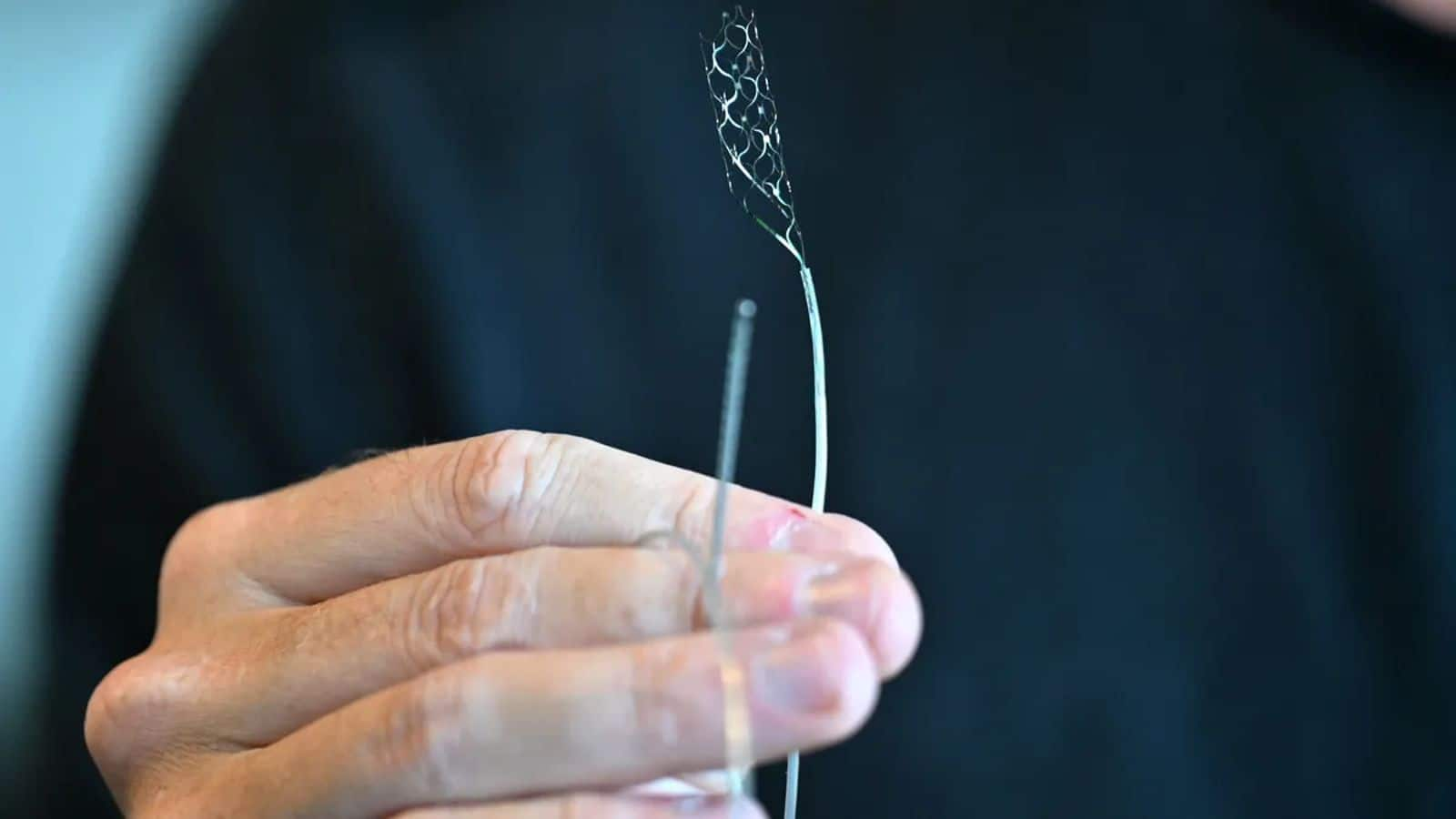
Neuralink-rival Synchron prepares for groundbreaking brain chip clinical trial
What's the story
US-based start-up, Synchron, is set to launch an extensive clinical trial of its revolutionary brain-computer interface (BCI). The company has initiated the process of registering patients as well as healthcare providers for this significant study. The BCI is a cutting-edge brain implant, designed to enable paralyzed individuals to operate electronic devices, such as computers and smartphones using their thoughts.
CEO statement
CEO shares excitement over BCI registry launch
Tom Oxley, the CEO and Founder of Synchron, expressed his excitement about the launch of the BCI registry. He stated, "We are thrilled to launch our community-centered BCI registry. There is a grassroots movement happening with BCI." "We are creating an avenue for potential users and their physicians to engage and stay connected while we prepare for the next stage of clinical trials."
Trial participation
Synchron's upcoming trial attracts over 120 clinical centers
The upcoming trial by Synchron has garnered significant interest, with over 120 clinical trial centers expressing their willingness to contribute to the research. The company, backed by high-profile investors such as Bill Gates and Jeff Bezos, received authorization from the US Food and Drug Administration (FDA) in 2021 to conduct human trials with its implant. Since then, six patients have successfully received the Synchron device.
Implant procedure
Synchron's unique brain implant methodology
Synchron's brain implant stands out due to its unique method of insertion. The device is placed on the motor cortex surface of the brain through a minimally invasive procedure involving the jugular vein. This approach contrasts with that of Neuralink, which uses a surgical robot to insert electrodes into a specific region of the brain known as the cerebral cortex.
Rival progress
Neuralink's progress in BCI technology
Neuralink, a rival to Synchron, also received FDA approval for human trials in 2023. Since then, the company has successfully implanted its device in its first human patient. The patient has already used the device to play video games such as Mario Kart, demonstrating the potential of this groundbreaking technology.